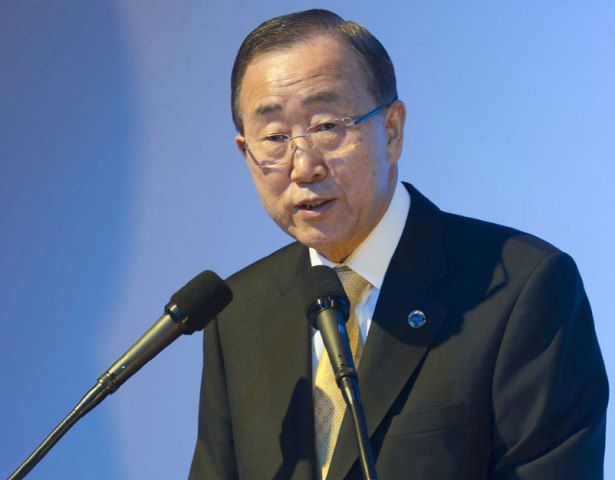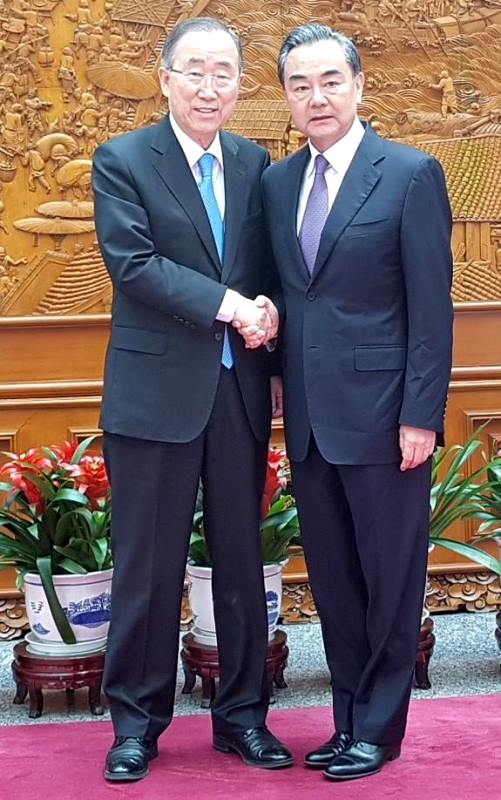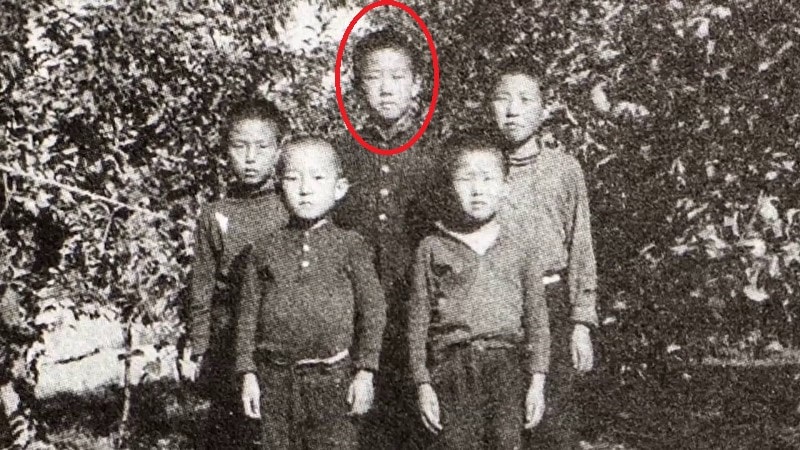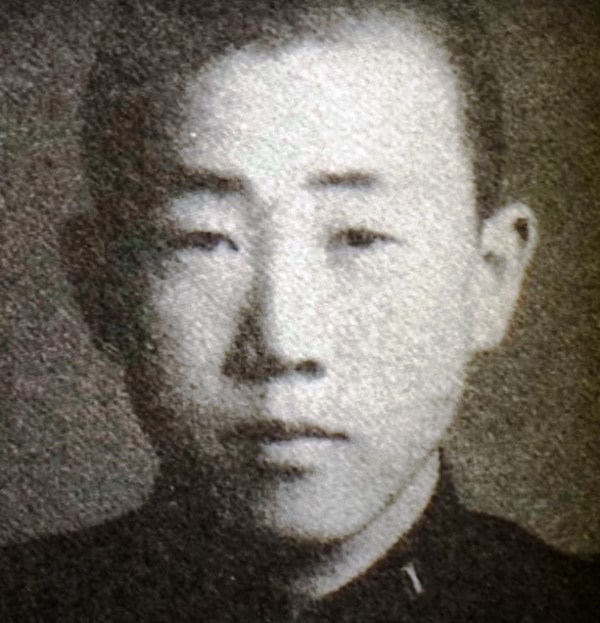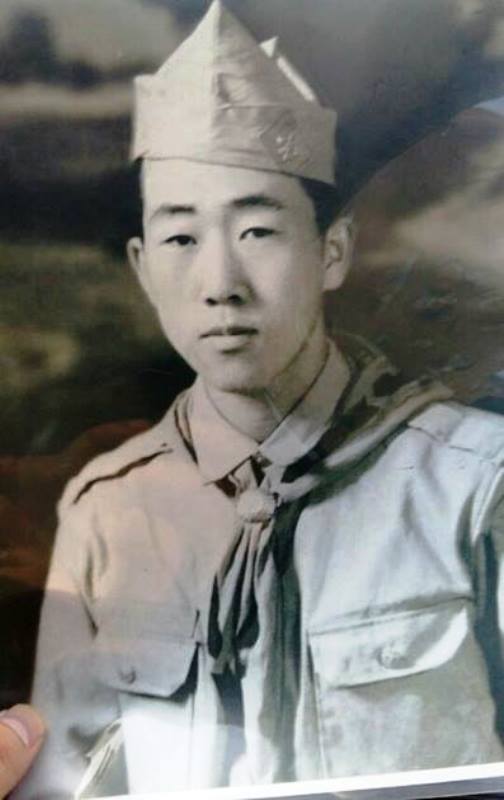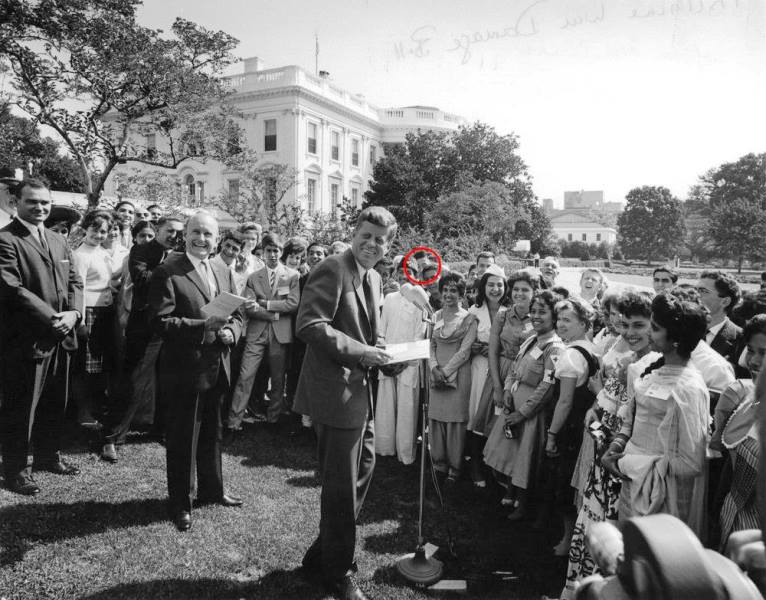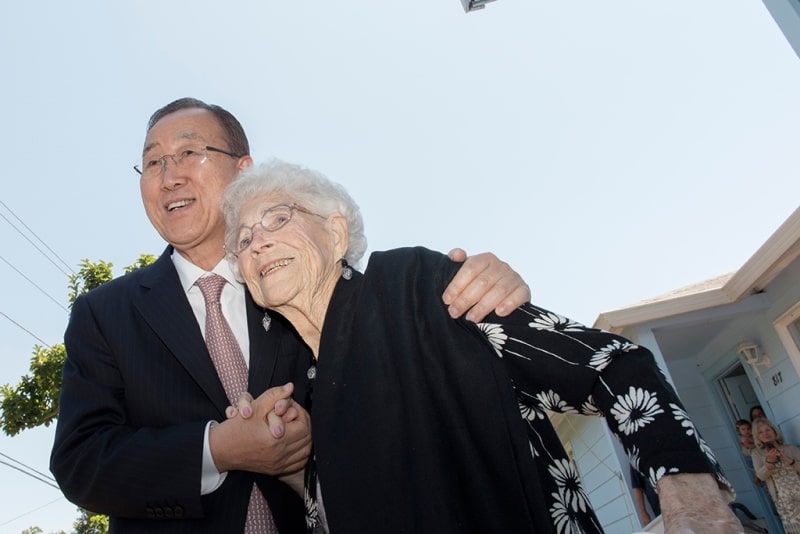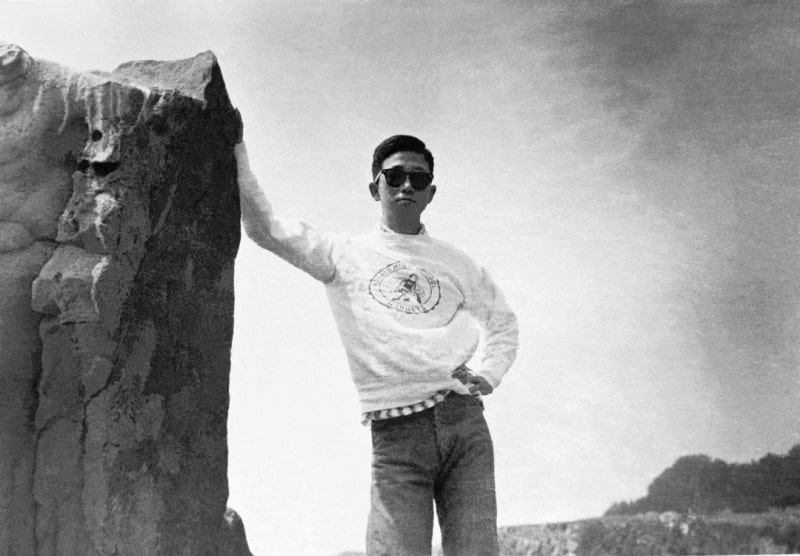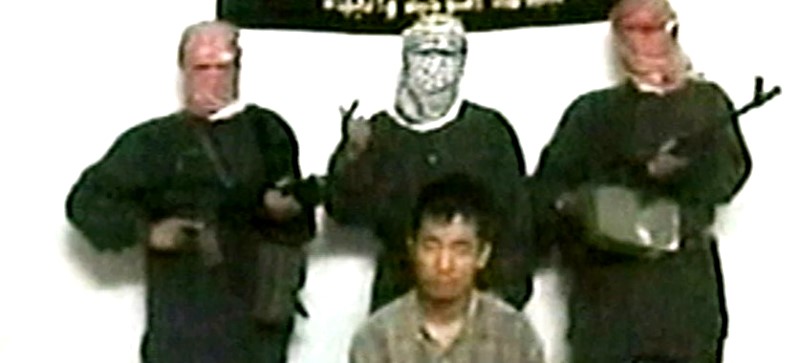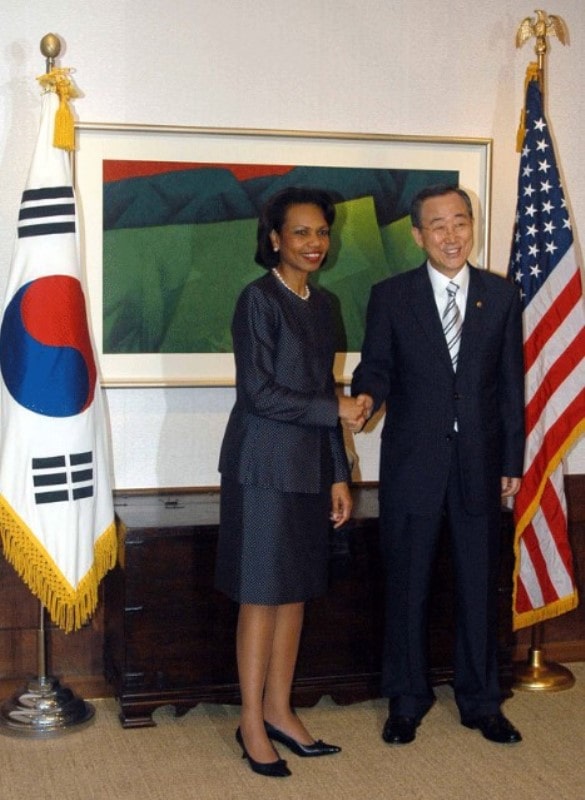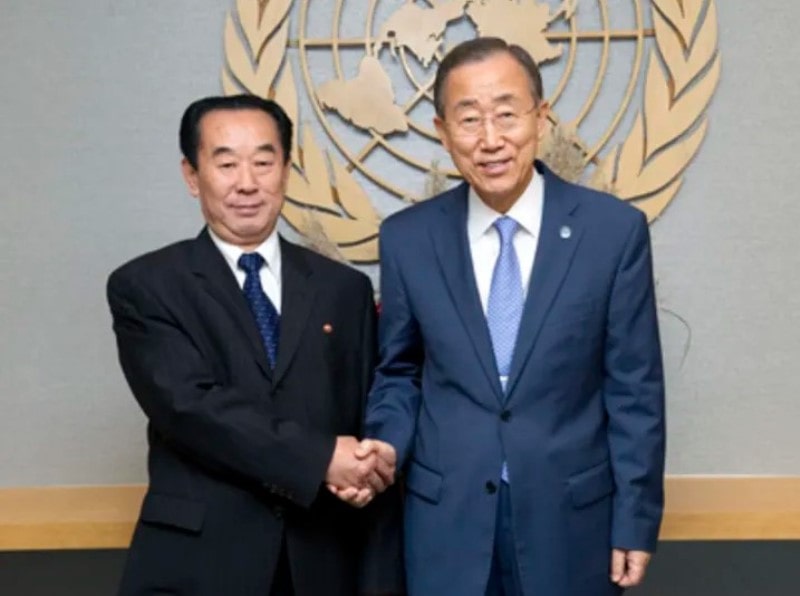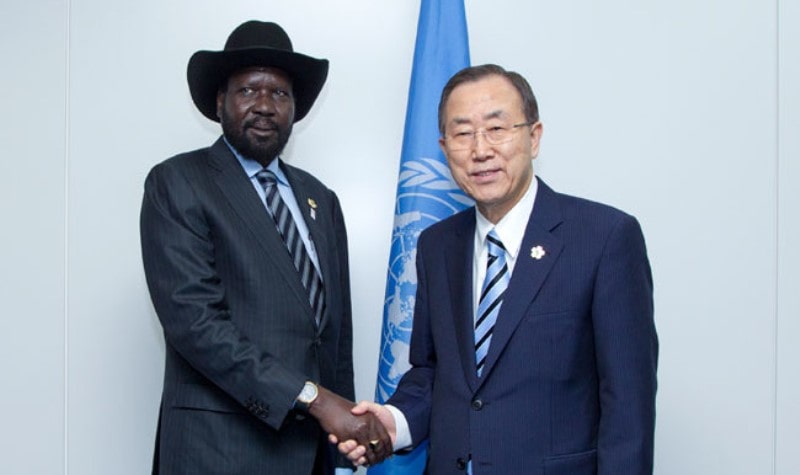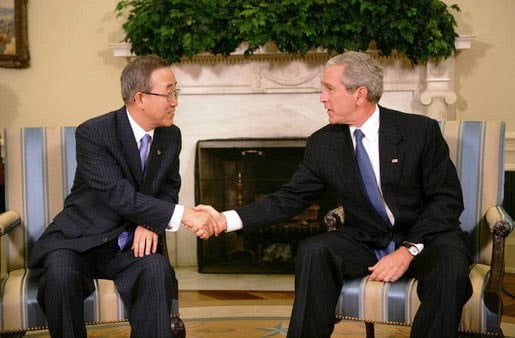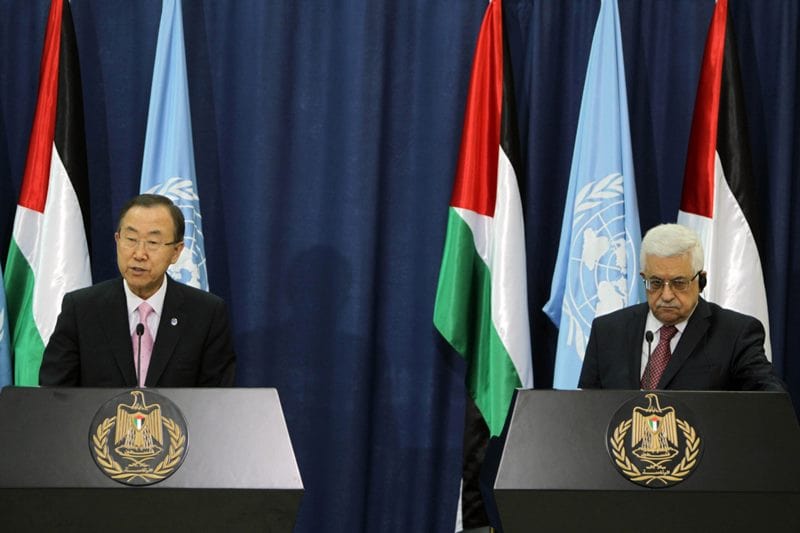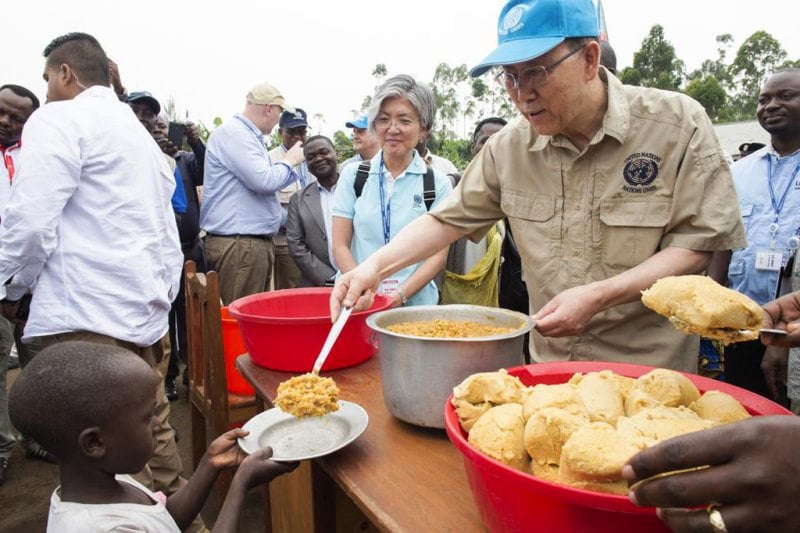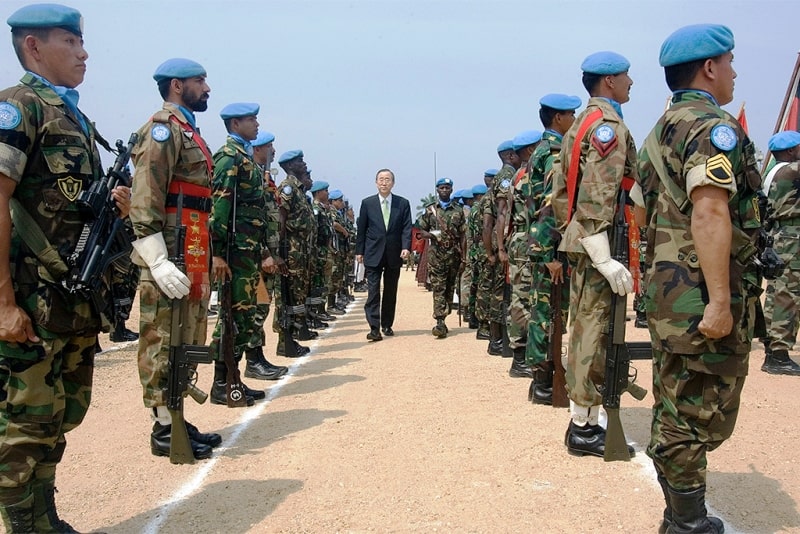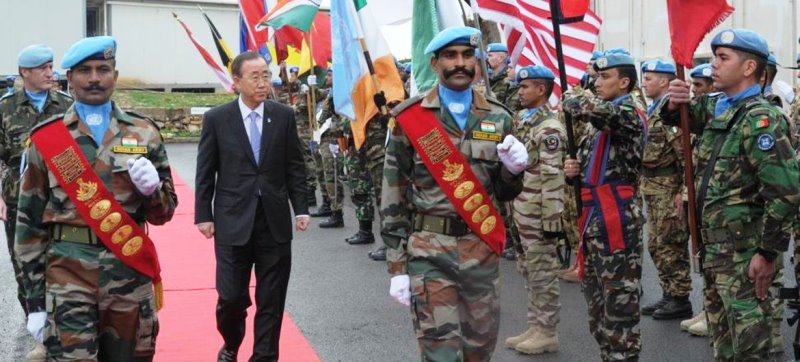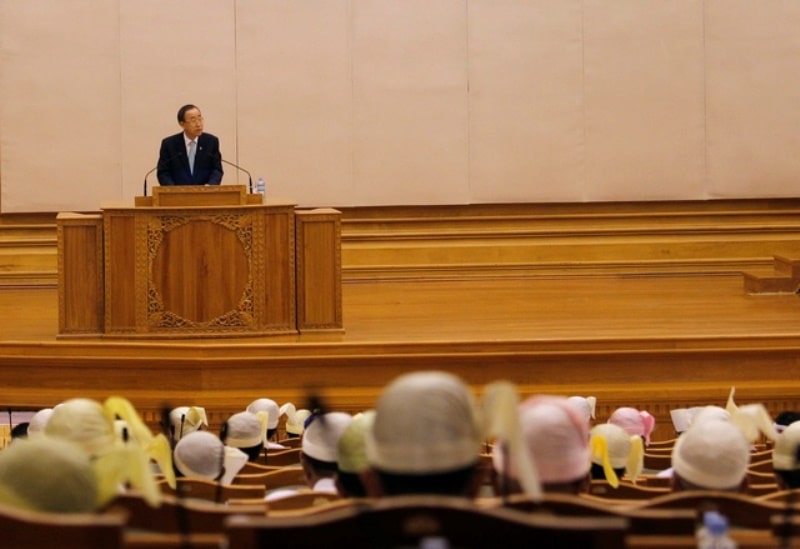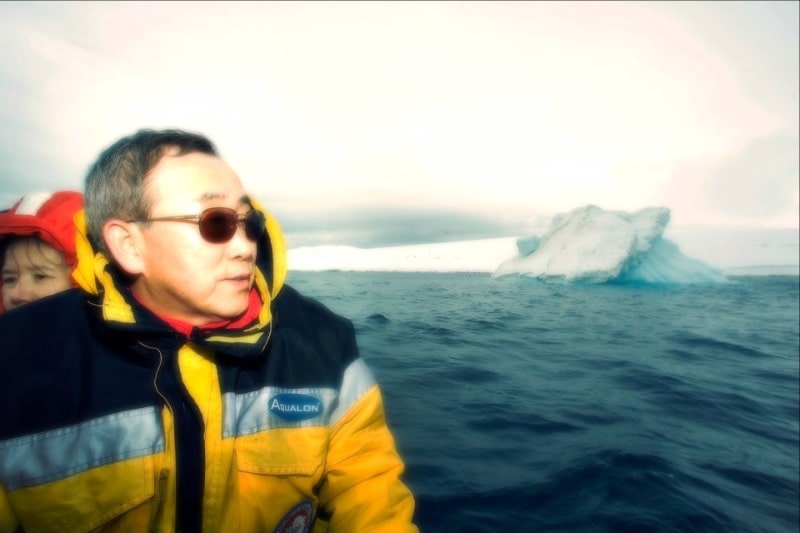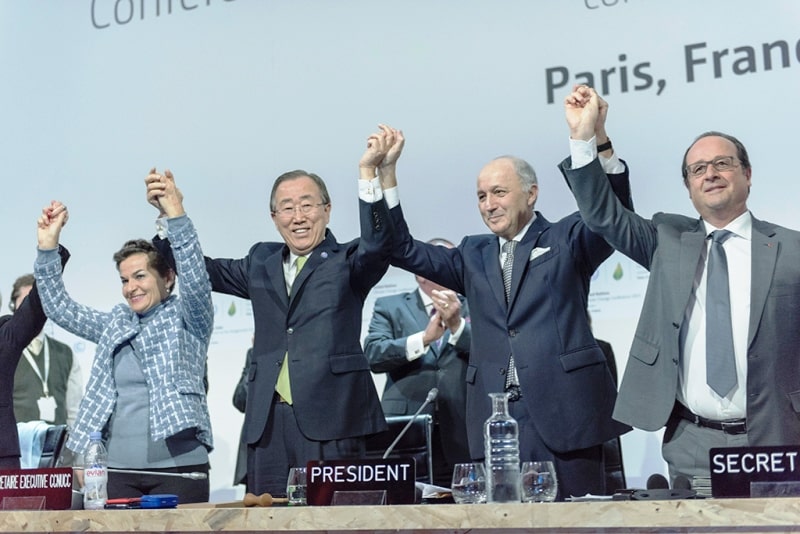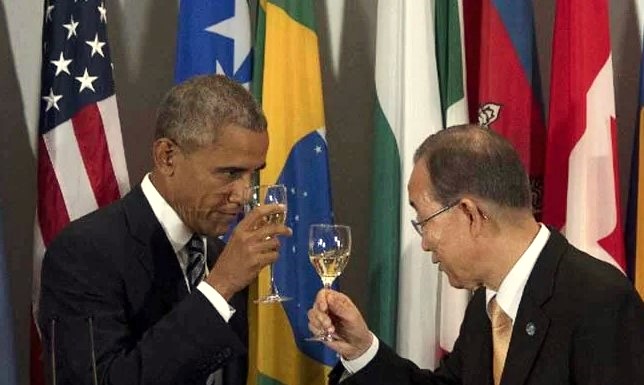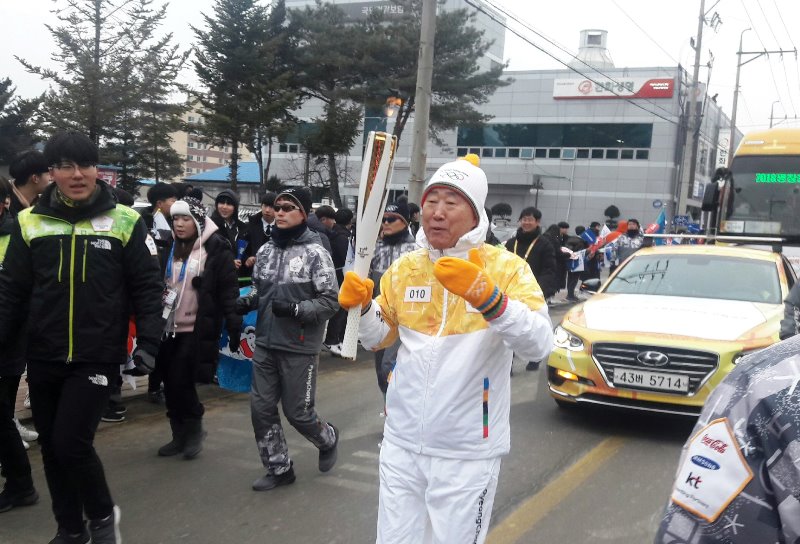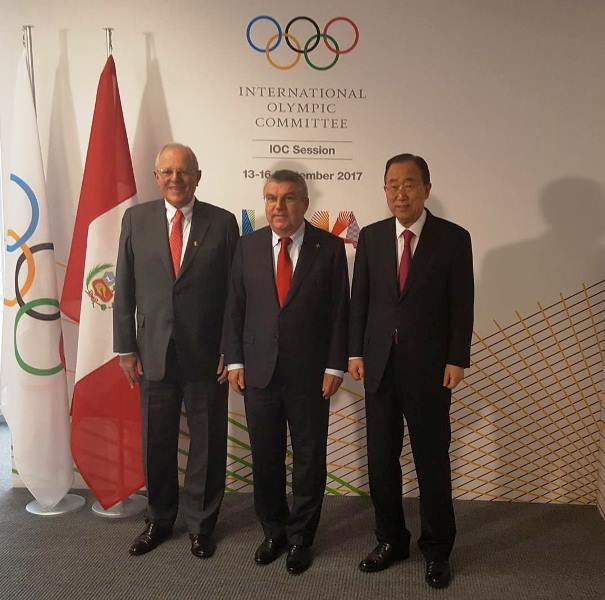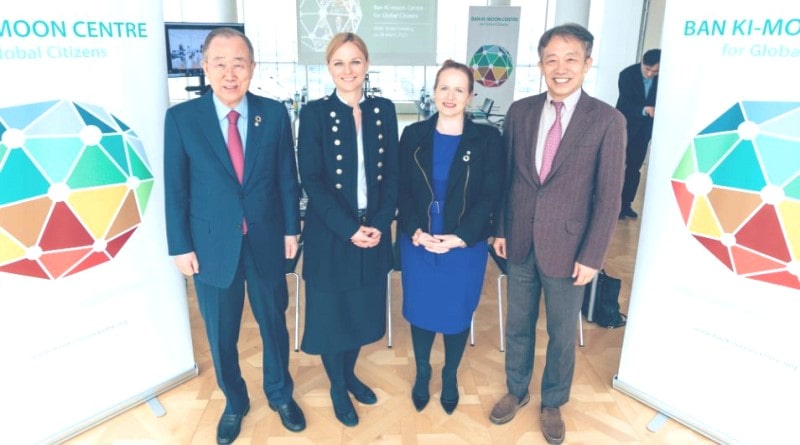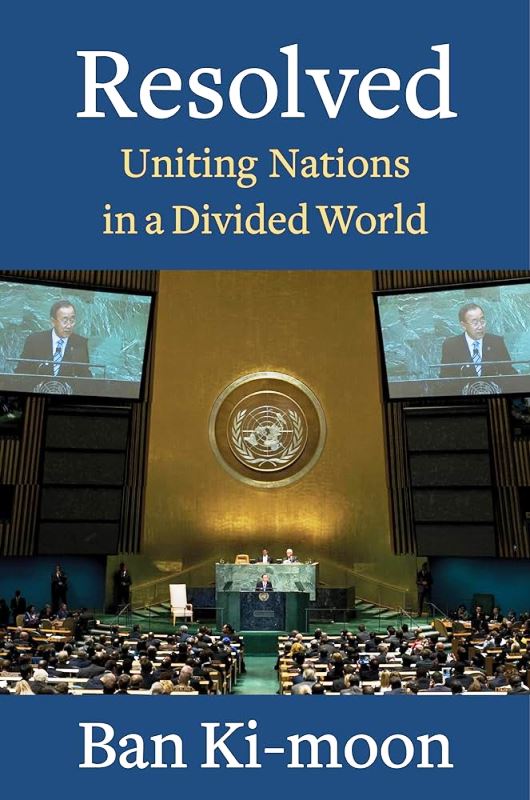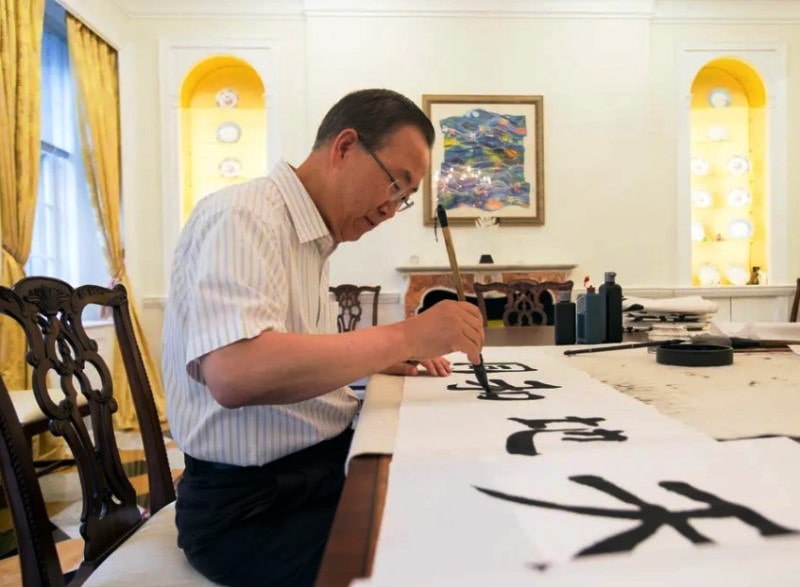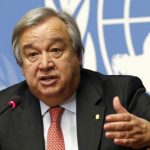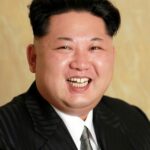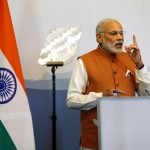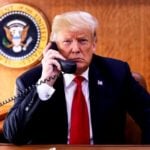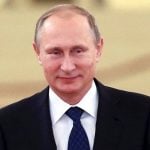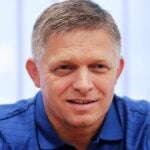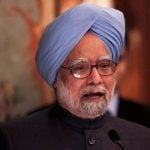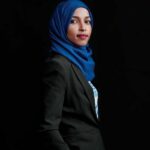Ban Ki-moon Age, Wife, Children, Family, Biography
Quick Info→
Wife: Yoo Soon-taek
Hometown: Eumseong County, South Korea
Age: 80 Years
| Bio/Wiki | |
|---|---|
| Korean names | • 반기문 (in Hangul) • 潘基文 (in Hanja) • Panɡimun (in IPA, a Korean Phonetic System) • Pan Kimun (in McCune–Reischauer Romanization) • Ban Gimun (in Revised Romanization of Korean) |
| Nickname(s) | • The Slippery Eel • Stand-up Guy • Invisible Man • Powerless Observer • Nowhere Man |
| Profession(s) | Politician, Activist |
| Famous for | Being the 8th Secretary-General of the United Nations |
| Physical Stats & More | |
| Height (approx.) | 5' 10" (178 cm) |
| Eye Colour | Dark Brown |
| Hair Colour | Salt and Pepper |
| Politics | |
| Political Party | Independent |
| Political Journey | • Contested and won the South Korean General Assembly elections independently (2004) • Served as the Minister of Foreign Affairs and Trade (17 January 2004 - 1 December 2006) |
| Civil Service | |
| Service | South Korean Foreign Service |
| Service Years | 1970-2004 |
| Major Designation(s) | • Posted to New Delhi as a Vice Consul in the South Korean Embassy (1972-1974) • Posted as First Secretary of the South Permanent Observer Mission (1974) • Served as Second Secretary in the South Korean Embassy in India (1974-1978) • Served as Secretary of the South Korean Permanent Observer Mission to the United Nations (1978-1980) • Became director of the United Nations' International Organizations and Treaties Bureau (1980) • Served as Consul general at the South Korean Embassy to the United States (1987-1990) • Became Vice Chairman of the South-North Joint Nuclear Control Commission, for de-nuclearization of the Korean peninsula (1990) • Served as a Minister at the South Korean Embassy in the United States (1992-1995) • Served as Korea's Deputy Ambassador to the United States (1993-1994) • Became Deputy Minister for Policy Planning and International Organisations (1995) • Served as the National security adviser to the South Korean President Kim Young-sam (1996-1998) • Served as the South Korean ambassador to Austria (1998-2000) • Served as Chef de cabinet during the South Korean presidency of the UN General Assembly (2001-2002) • Foreign policy adviser to South Korean President Roh Moo-hyun (2003) |
| UN Career | |
| Journey in the UN | • Became Director of the United Nations' International Organizations and Treaties Bureau (1980) • Became Chairman of the preparatory commission for the Comprehensive Nuclear Test Ban Treaty Organization (1999) • Served as the Secretary-General of the United Nations for the first time (1 January 2007 - 1 January 2012) 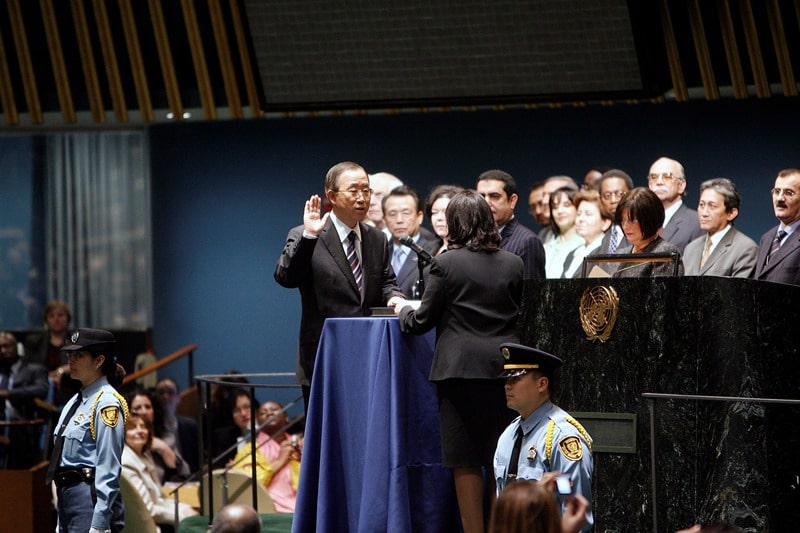 • Served as the Secretary-General of the United Nations for the second time (1 January 2012 - 31 December 2016) 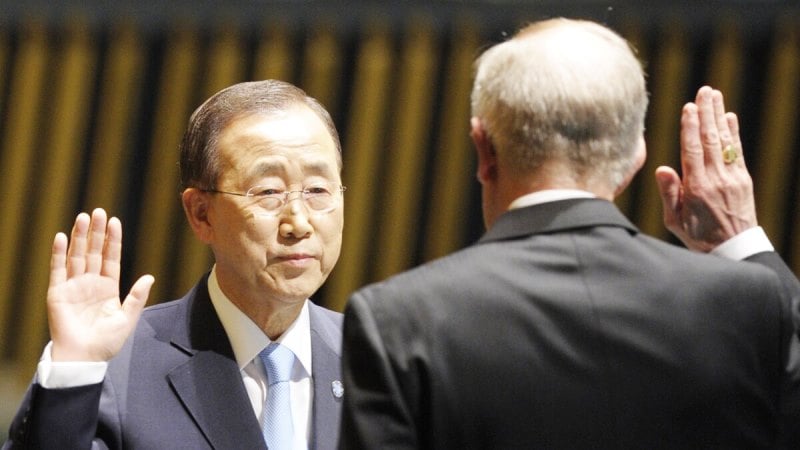 |
| Awards, Honours, Achievements | Medals & Awards • Blue Stripes/1st Class of the Order of Service Merit (1975), (1986), (2006) • Grand Decoration of Honour in Gold with Star (Grosses Goldenes Ehrenzeichen mit Stern) of the Decoration of Honour for Services to the Republic of Austria (2001) • Grand Cross of the Order of Rio Branco from Brazil • EMB Medal from International Ocean Institute 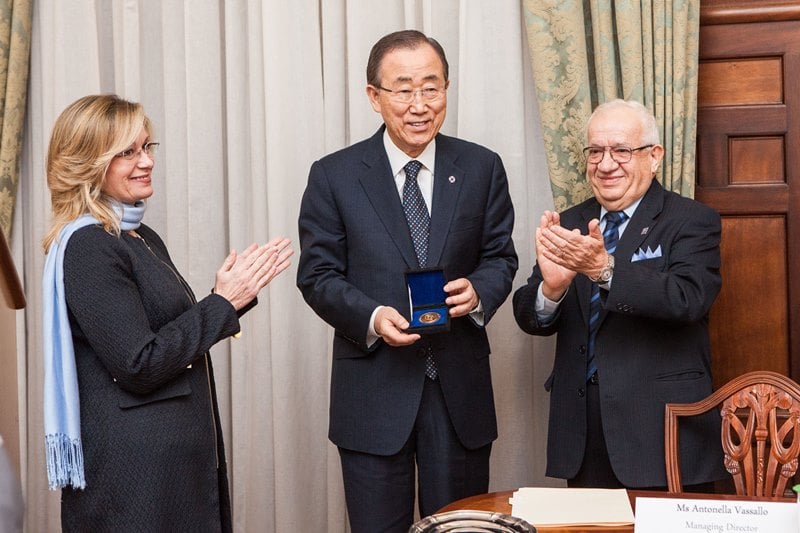 • Grand Cross of the Order of the Sun from Peru (2006) • National Order of Merit of Algeria • Grand Cross with Silver Star of the Order of Jose Matias Delgado from El Salvador • Grand Cross of the Order of Sikatuna, Rank of Raja from Philippines (30 October 2008) • Order of Friendship, 1st class, from Kazakhstan (2010) • Order of Ismoili Somoni from Tajikistan (2010) • Grand Cross of the National Order of Burkina Faso from Burkina Faso (2008) • Grand Officer of the National Order of Ivory Coast (2008) • Seoul Peace Prize (2012) 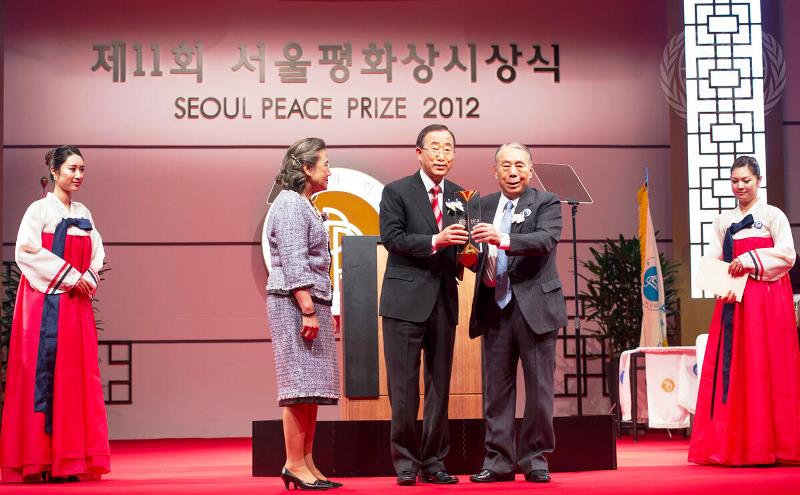 • Grand Cross of the Order of Saint-Charles from Monaco (2013) • Order of Saint Agatha from San Marino (2013) • Grand Golden Order of the City of Vienna (2013) 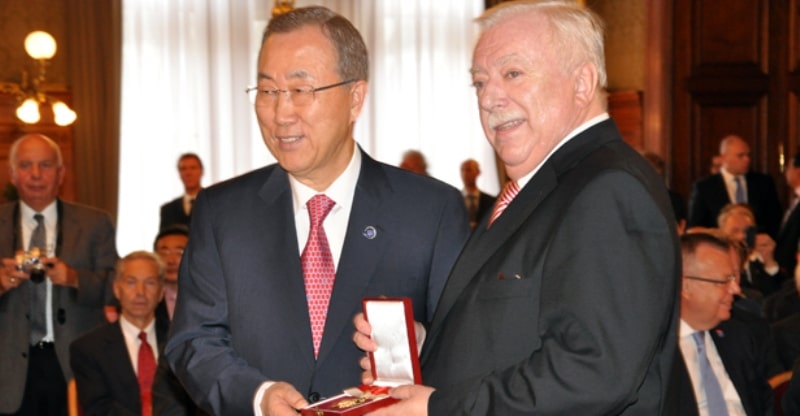 • Medal of the Oriental Republic of Uruguay (2011) • Tipperary International Peace Award from Ireland (2014) 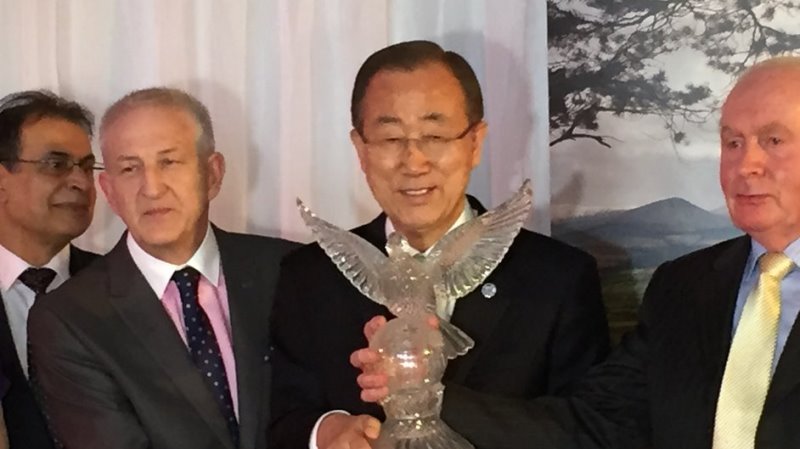 • High Matai title by Samoa's Prince Tapua (September 2014) • Elton John AIDS Foundation's Founder's Award (2016) 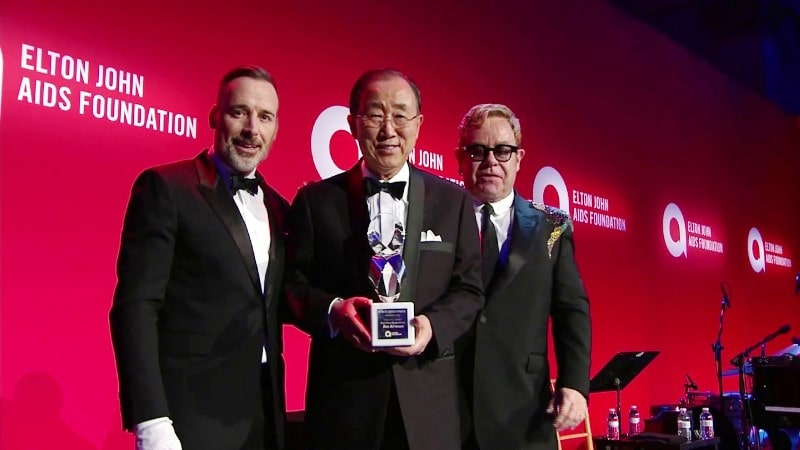 • Knight Grand Cross of the Order of the Lion of the Netherlands (19 April 2016) 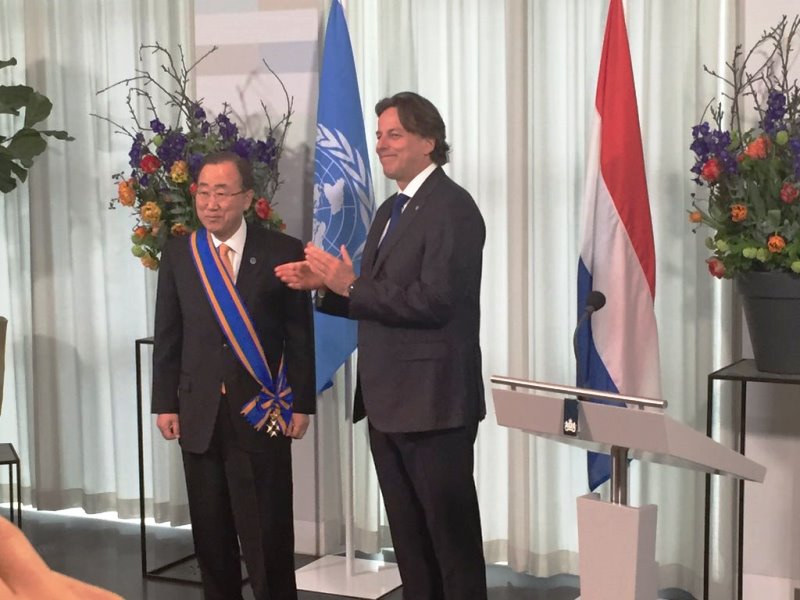 • Order of Friendship from Russia (8 June 2016) • World Leader Cycle Award from the Economic Faculty Association Rotterdam 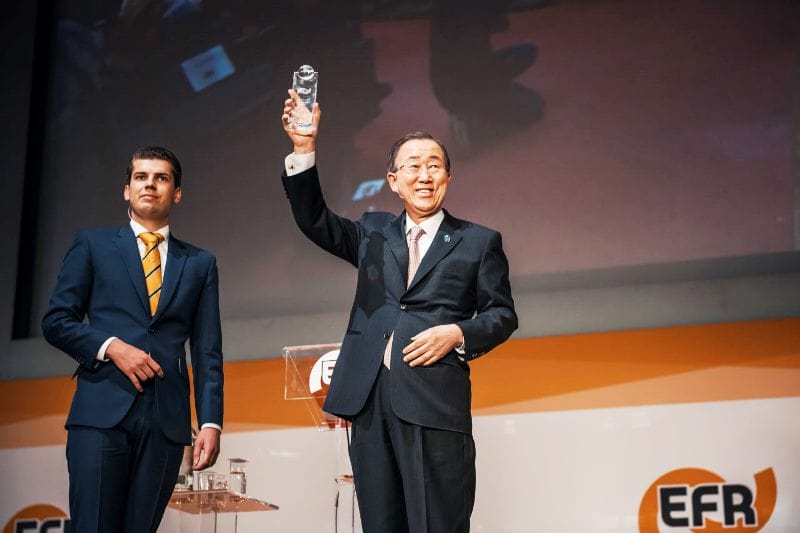 • Grand Cross of the Order of the Liberator General San Martín from Argentina (2016) • Grand Cross of the Order of Liberty from Portugal (13 May 2016) 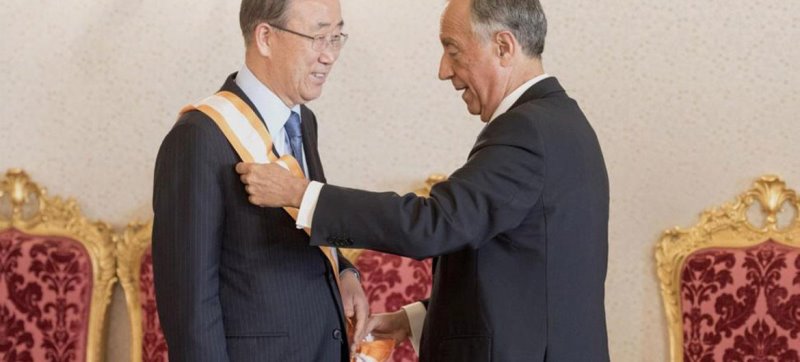 • Arctic Circle Prize for climate conservation activism (2016) 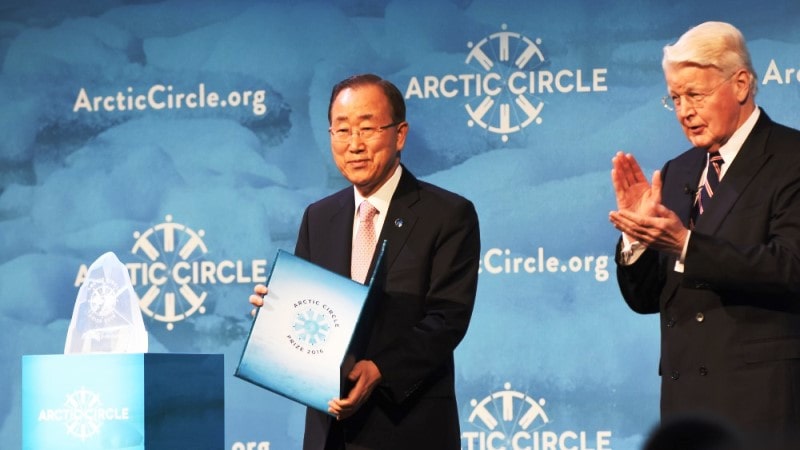 • James A. Van Fleet Award by the Korea Society in New York • Jubilee medal 25th anniversary of the neutrality of Turkmenistan (2020) 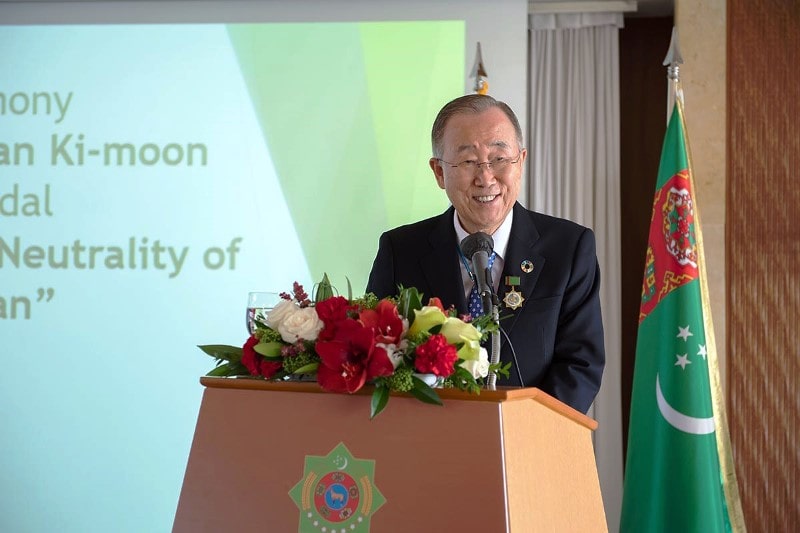 • Sunhak Peace Prize (2020) 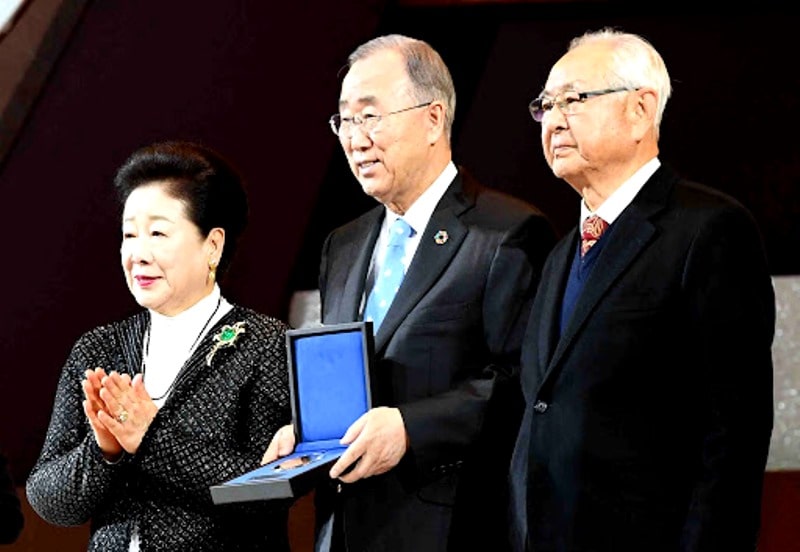 • Commemorative Medal of Freedom Heroes of the Republic of Hungary • RSGS Livingstone Medal (2021) 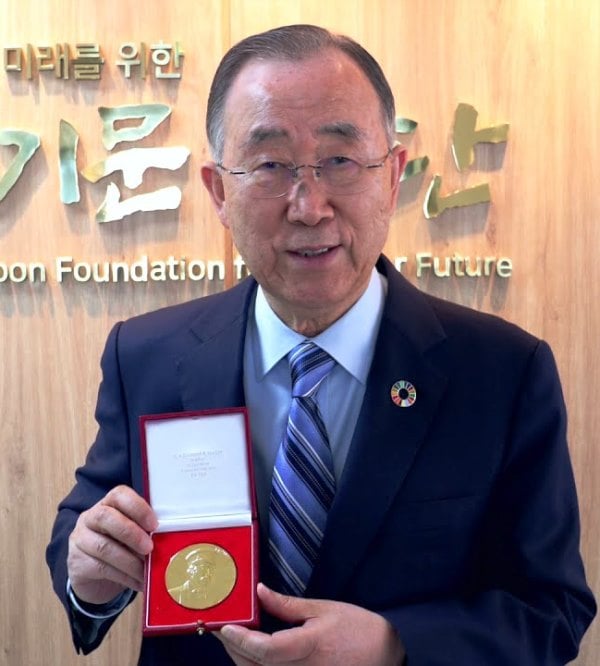 • IE University Medal (2022) 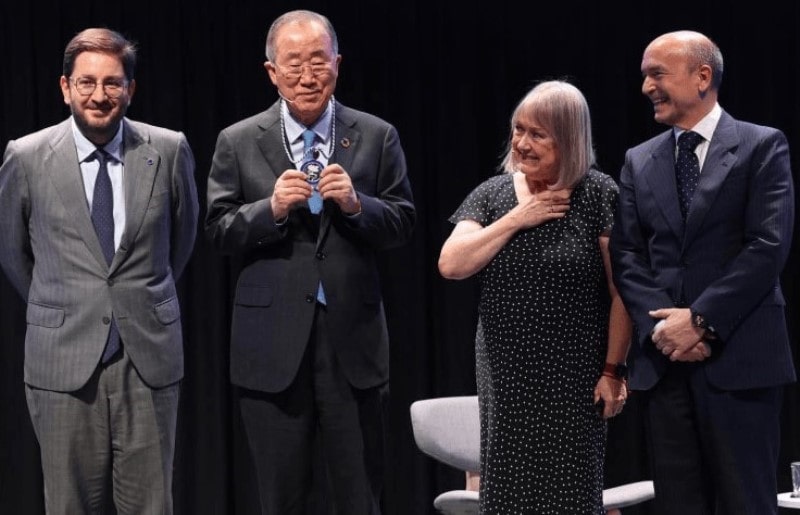 • Diwali Power of One Award (2023) 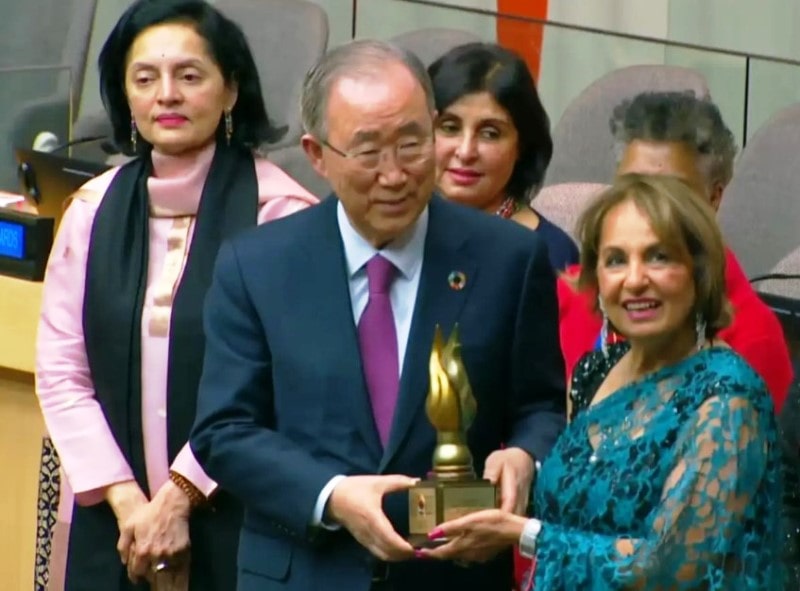 Honours • Honorary Doctor of Public Service degree from University of Maryland, College Park (17 October 2016) 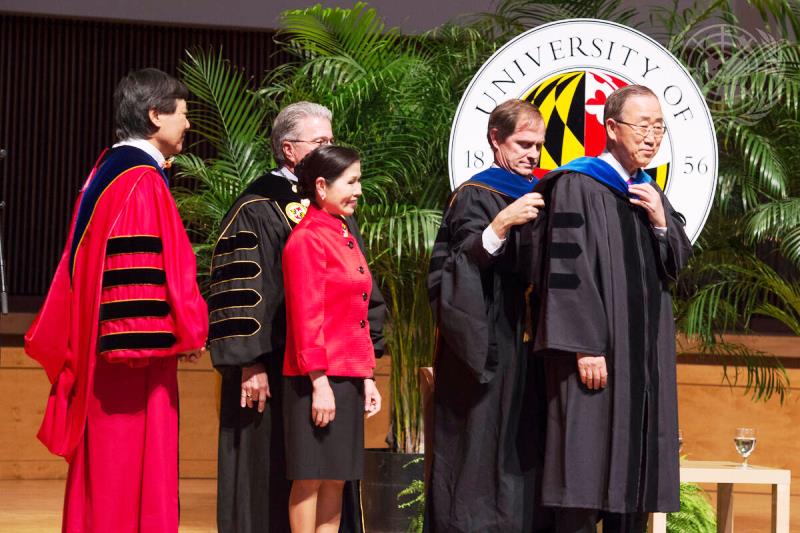 • Honorary Doctor of Humane Letters degree from Loyola Marymount University (6 April 2016) 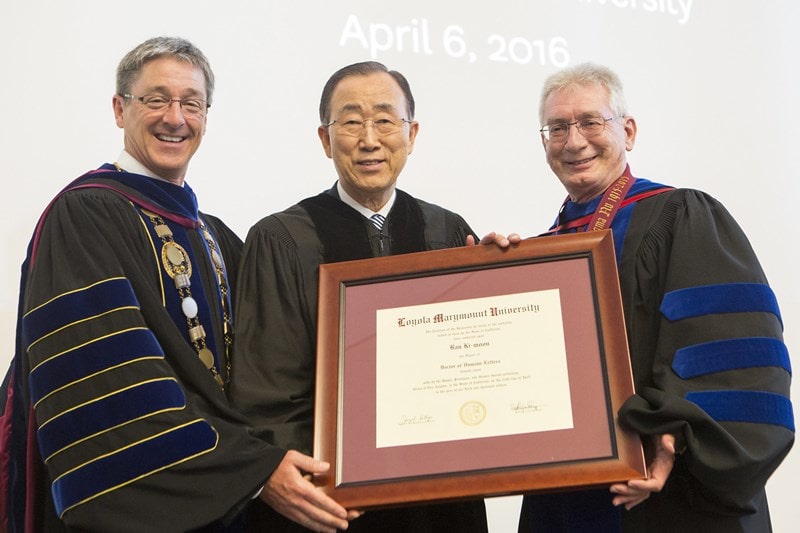 • Honorary Doctor of Laws degree of The University of Auckland (3 September 2014) 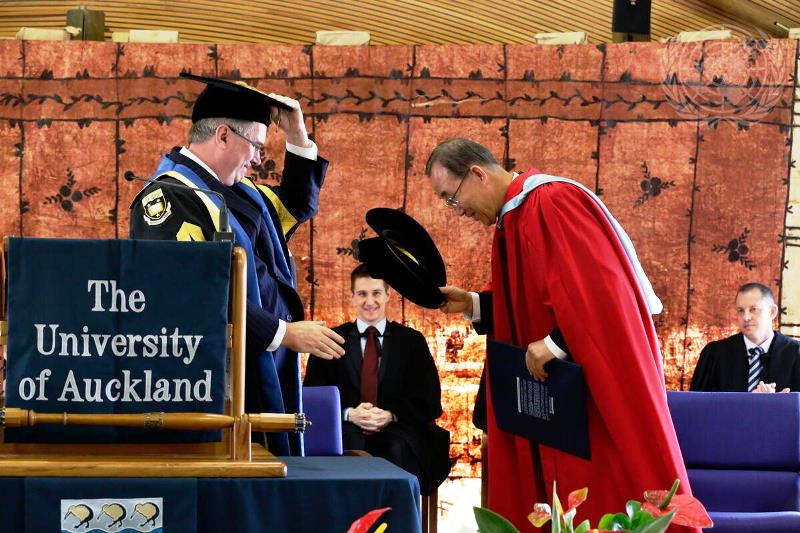 • Honorary Doctorate in Human Letters from Fairleigh Dickinson University (10 September 2008) 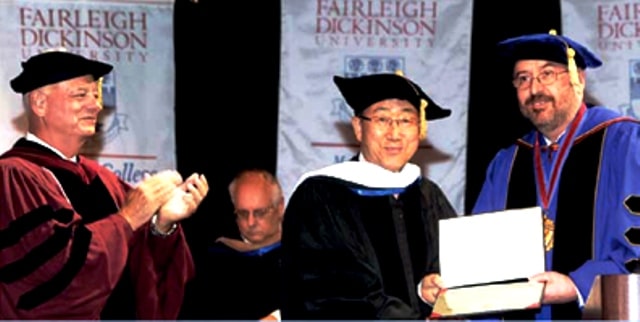 • Honorary doctorate from Seoul National University (2008) 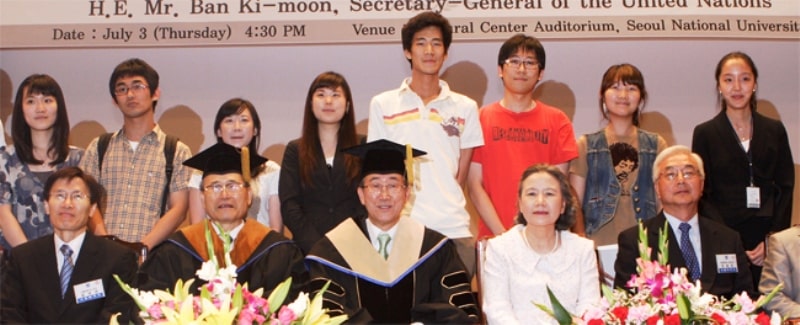 • Doctor of Laws Degree Honoris Causa from the College of Law at the University of the Philippines Diliman (2008) • Doctor Honoris Causa from the National University of San Marcos (2011) • Honorary Doctor by the National University of Mongolia (2009) 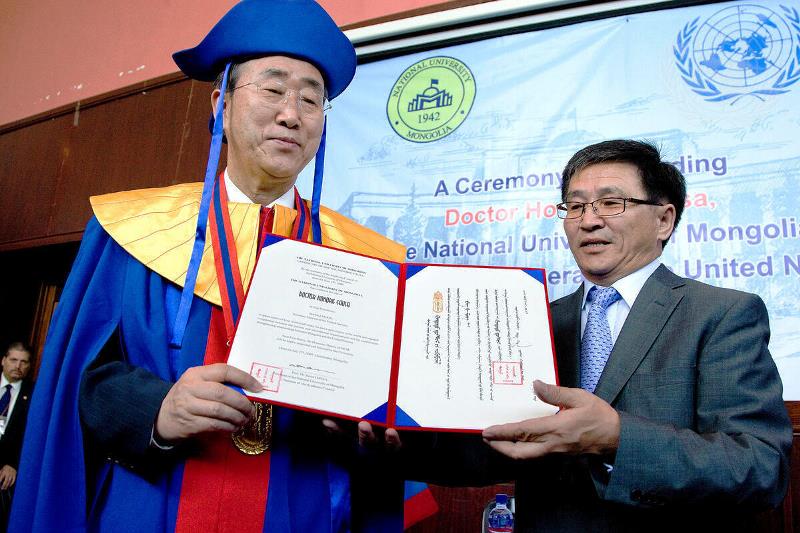 • Honorary doctorate in law from the University of Malta (2009) • Honorary doctorate in law from the University of Washington (2009) 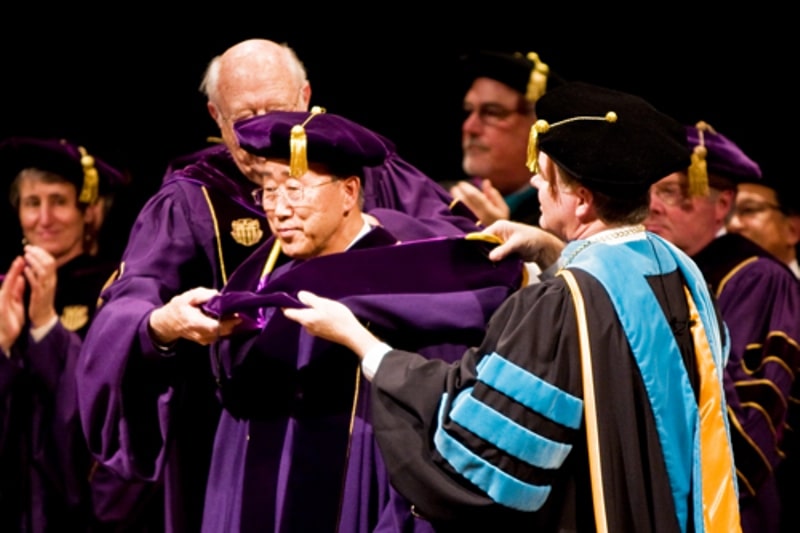 • Doctor of Letters by Jamia Millia Islamia in New Delhi (2012) 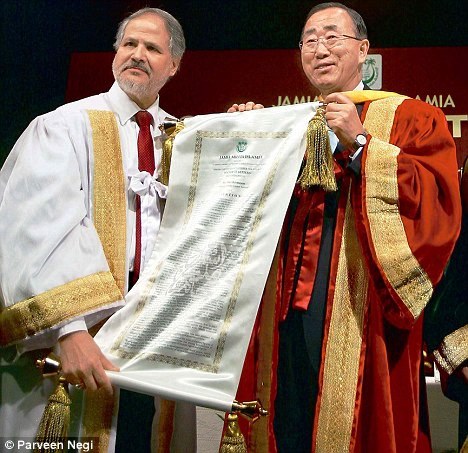 • Honorary doctorate of public service from University of Denver (2013) • Honorary 10th Dan black belt by World Taekwondo Federation (WTF) President Chungwon Choue (2013) 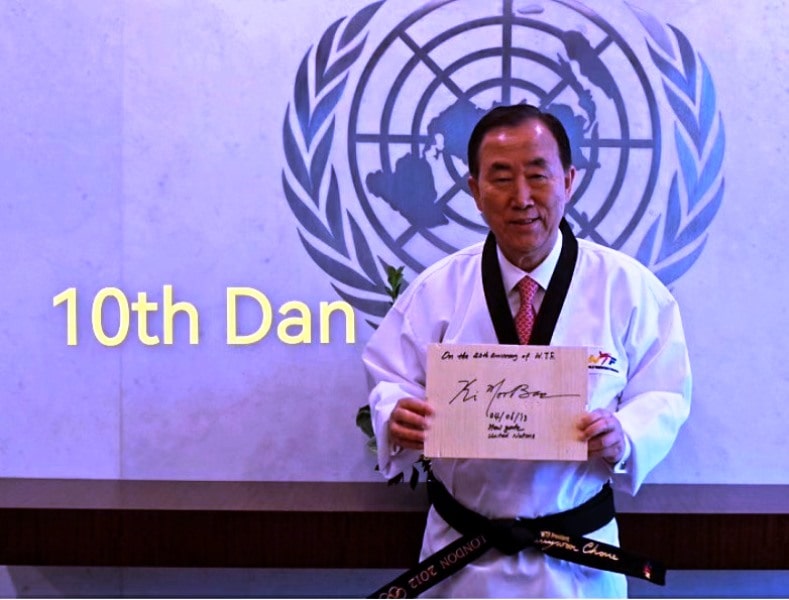 • Honorary doctorate from Georgetown University (2015) 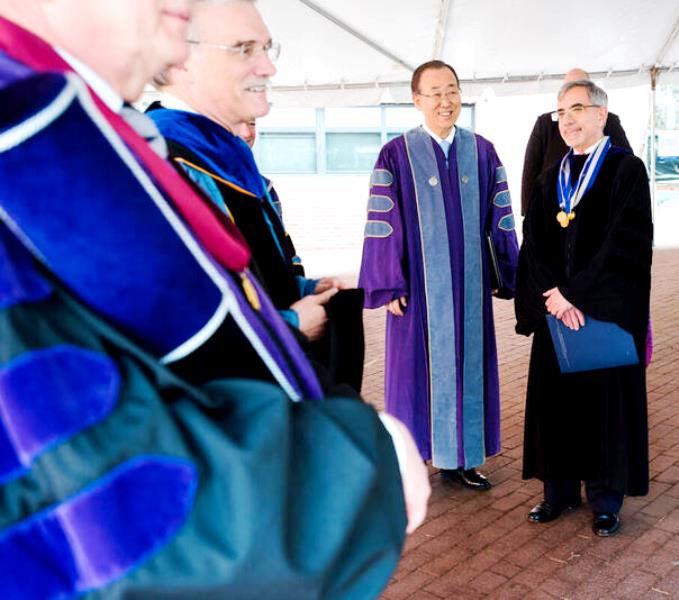 • Honorary doctorate from Katholieke Universiteit Leuven (2015) 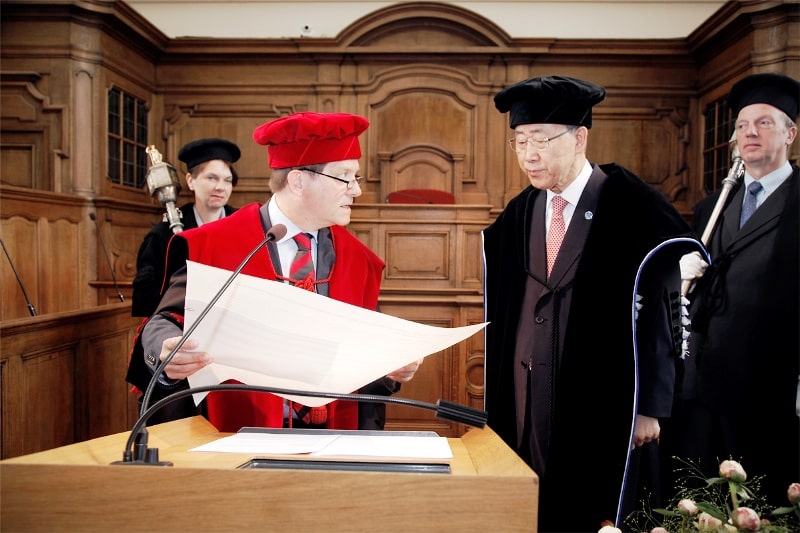 • Doctor honoris causa from Comenius University (2015) 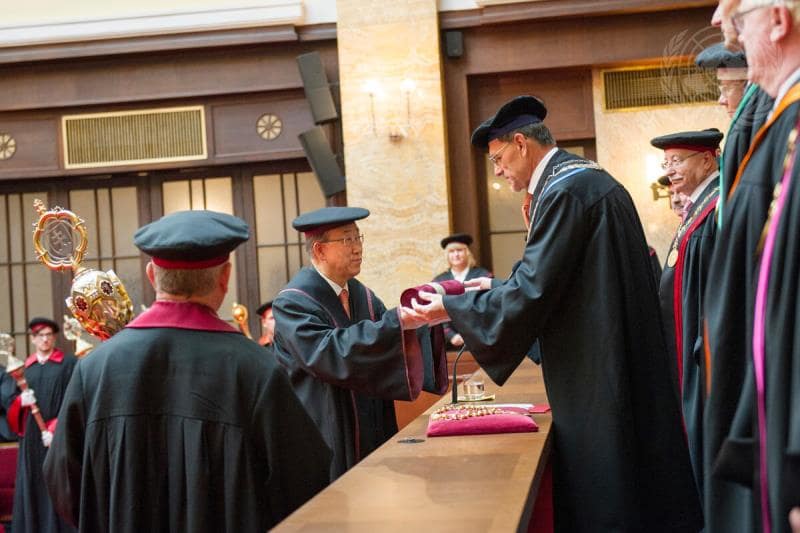 • Degree of Doctor of Civil Law Honoris Causa from University of Mauritius (2016) 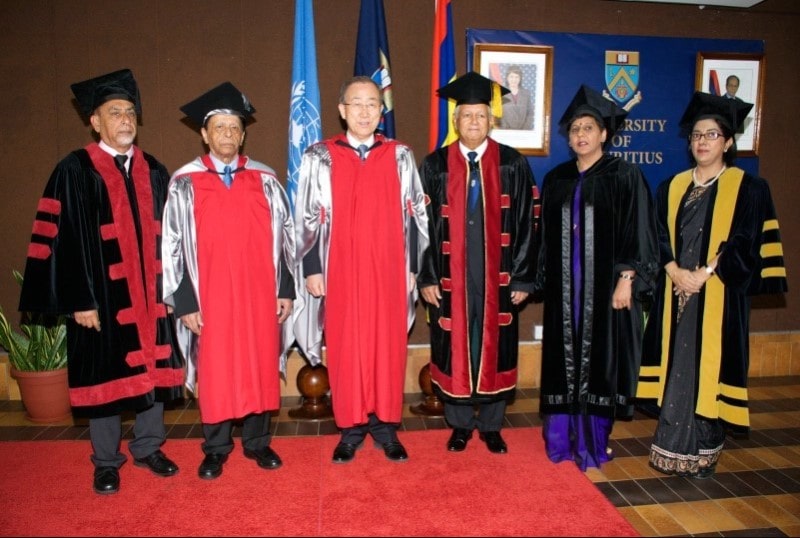 • Honorary degree from UNAI Member Paris 1 Pantheon-Sorbonne (2016) 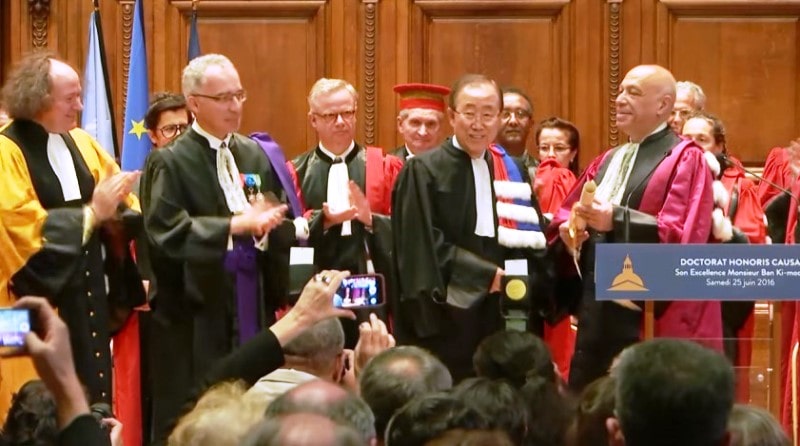 • Honorary Doctor of Laws from Columbia University (2016) • Honorary Degree from Marymount Manhattan College (2016) 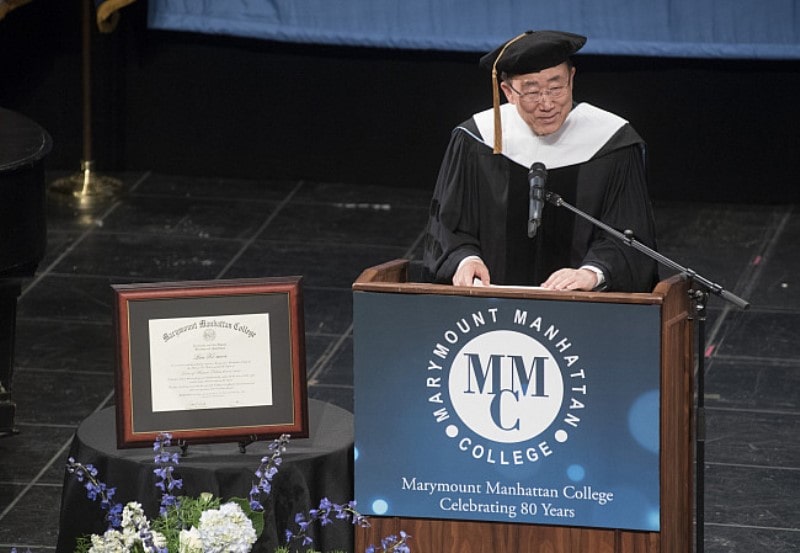 • Doctor of Law (honoris causa) from the University of Cambridge (3 February 2016) 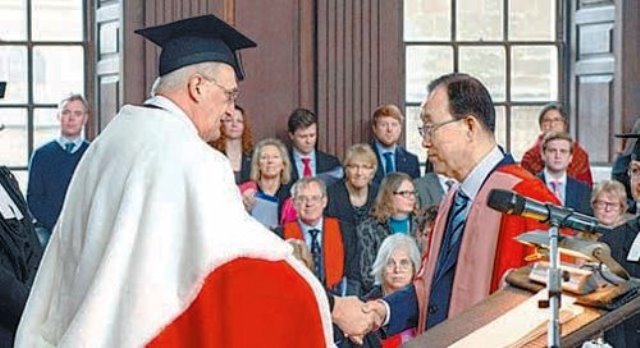 • Honorary doctorate from the University of Groningen (2018) 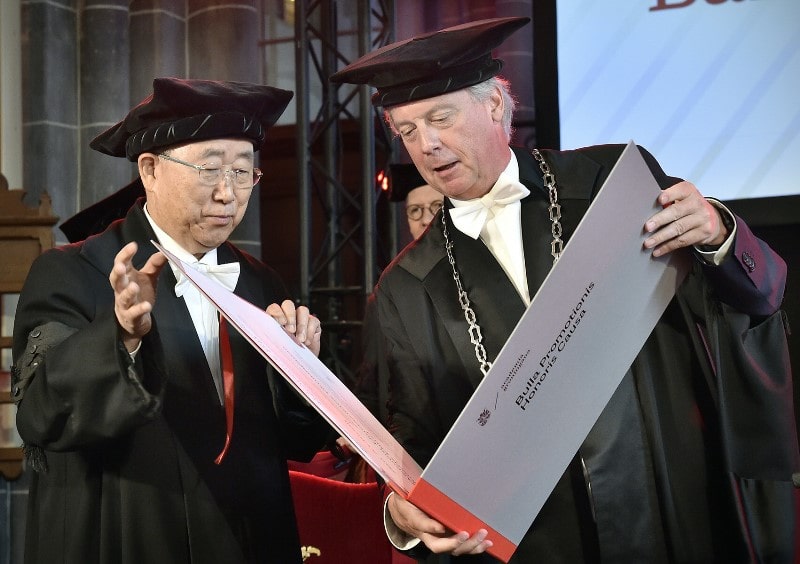 • Honorary doctorate in Global Peace and Sustainable Development from Universiti Kebangsaan Malaysia (2019) 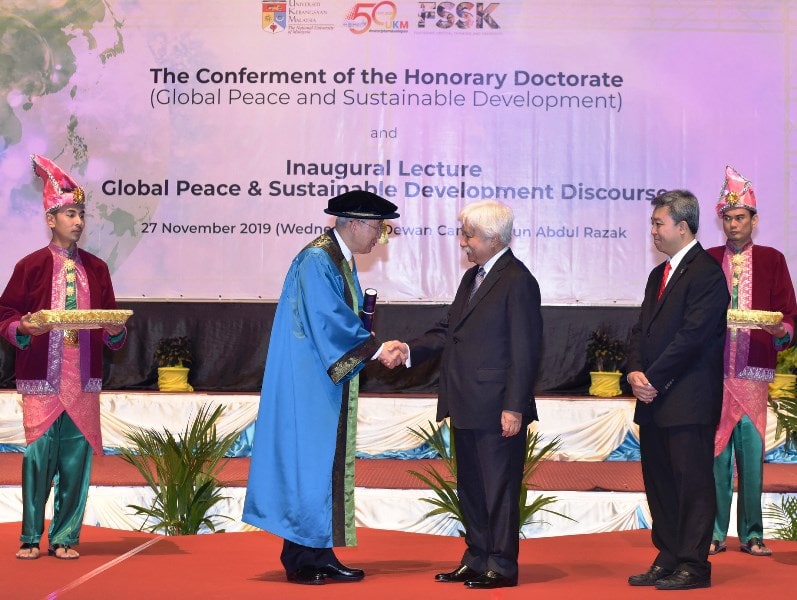 • Honourary degree at the Vytautas Magnus University (2019) 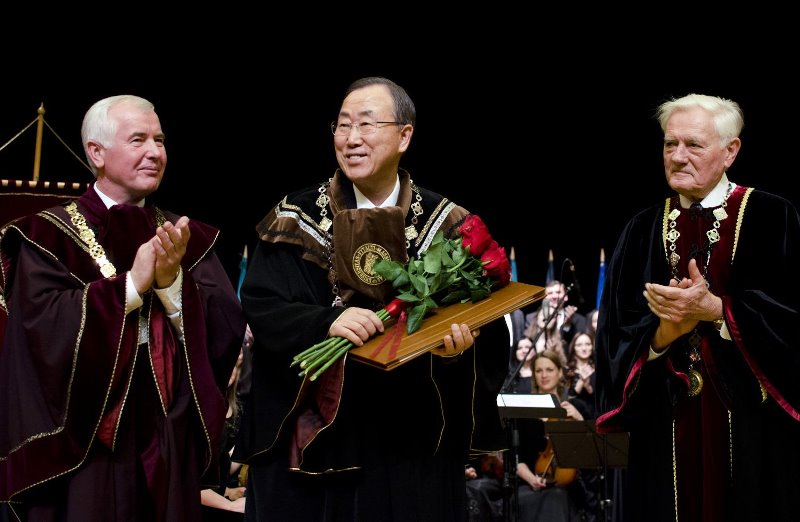 • Honourary degree in Engineering Education at the Handong Global University (2019) 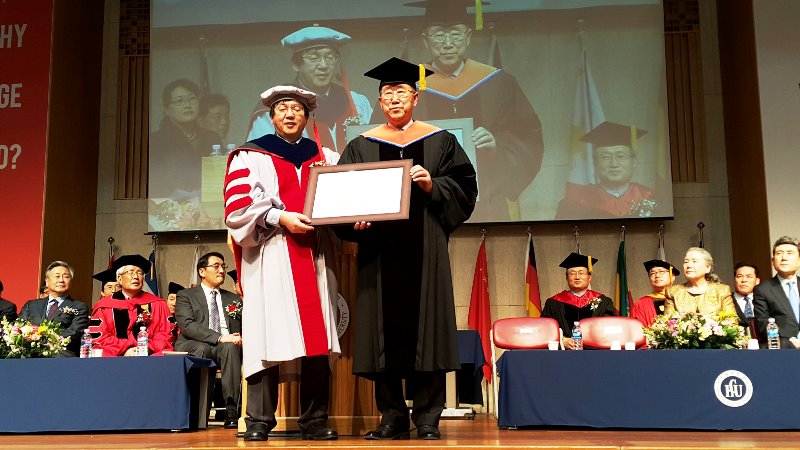 • Honorary doctorate from Tampere University for promoting human rights and advancing UN SDG (2022) |
| Personal Life | |
| Date of Birth | 13 June 1944 (Tuesday) |
| Age (as of 2024) | 80 Years |
| Birthplace | Haengchi Village, Wonnam Township, Insei, Chūseihoku-dō, Korea, Empire of Japan (now in North Chungcheong Province, South Korea) |
| Zodiac sign | Gemini |
| Signature | 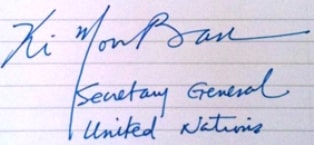 |
| Nationality | • Korean (referred to as Citizen of Joseon by Imperial Japan) (1944-1948) • South Korean (1948-present) |
| Hometown | Eumseong County, North Chungcheong Province, South Korea |
| School | Chungju High School, South Kora |
| College/University | • Seoul National University (1970) • John F. Kennedy School of Government at Harvard University (1985) |
| Educational Qualification(s) | • Bachelor in International Relations at Seoul National University (1979) • Master of Public Administration at John F. Kennedy School of Government (1985) |
| Food Habit | Non-vegetarian |
| Controversies | Criticisms in the UN Ban has often received criticism for the policies he made for the UN as its Secretary-General. According to The Washington Post, some UN employees and delegates were dissatisfied with Ban's favouritism in appointing South Korean nationals to key posts in the UN. He was also accused of lobbying for the appointment of American politicians, such as John Bolton, in the UN at high-level posts. Many human rights groups have also criticised him for his inactivity in addressing the violations. For instance, one such group claimed that Ban always refrained from criticising China over its alleged crackdown on the Uyghur community in China. He also received criticism for the inactivity of the UN during the civil war in Sri Lanka which ended with violence in 2009. [1]Reuters The UN Office of Internal Oversight Services (OIOS) also criticised him for making policies that made the UN irrelevant. |
| Social Media | • Instagram • YouTube |
| Relationships & More | |
| Marital Status | Married |
| Marriage Date | Year, 1970 |
| Family | |
| Wife/Spouse | Yoo Soon-taek (social activist) |
| Children | Son- 1 • Ban Woo-hyun (works in a New York-based finance company) Daughter(s)- 2 • Hyun Hee Ban (also spelt as Ban Hyun-hee) (Chief Social Policy maker in UNICEF India) 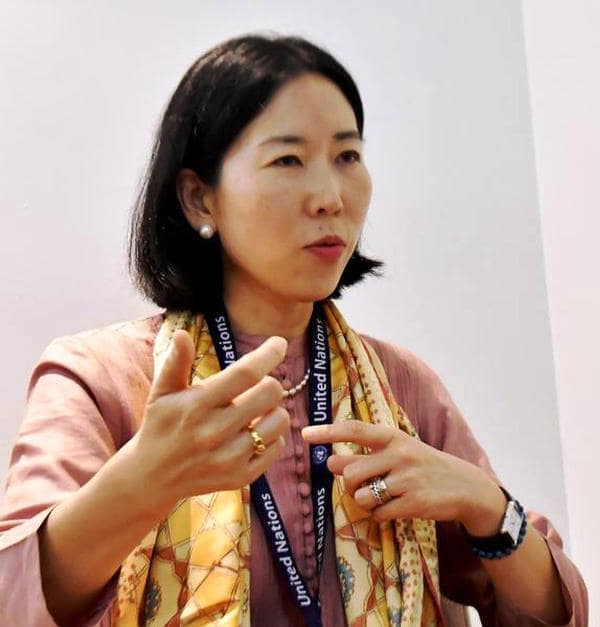 • Ban Hyun-hee |
| Parents | Father- Ban Myung-hwan (1922-1991) (businessman) Mother- Shin Hyun-soon 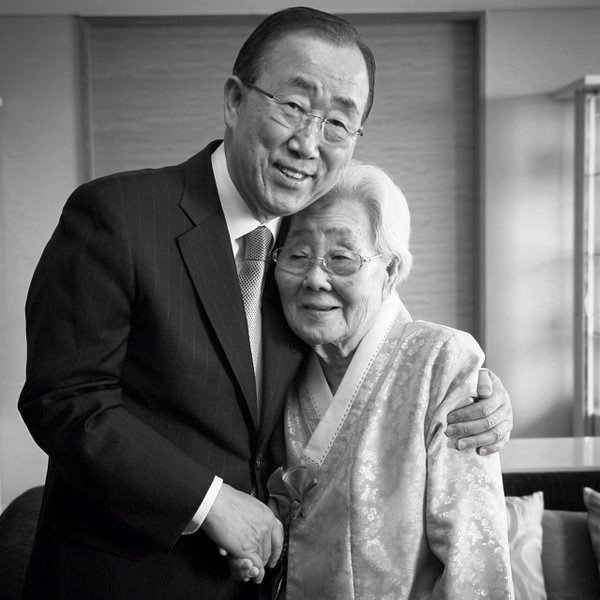 |
| Siblings | Brother(s)- 2 • Ban Ki-sang (businessman) • Ban Ki-hoon Sister- 2 • Jong-ran • Ban Gyeong-hee 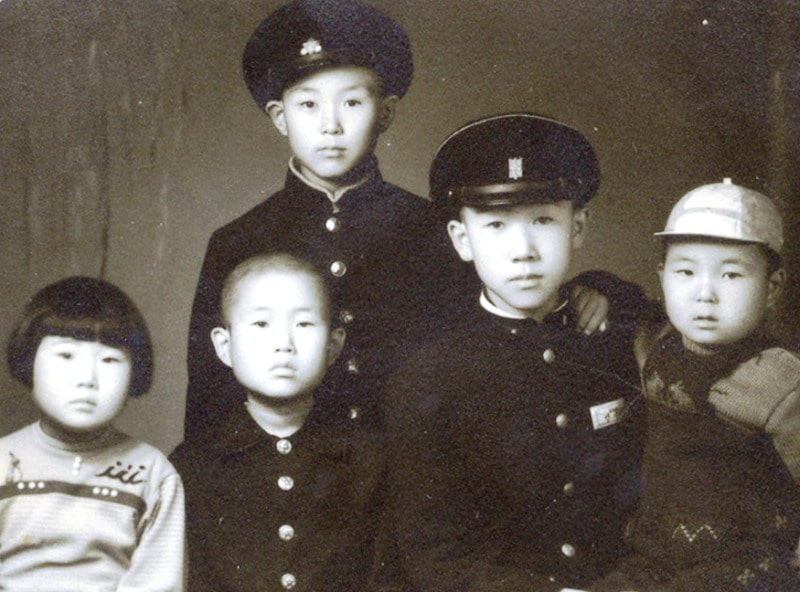 |
| Other Relatives | Son-in-law- Siddharth Chatterjee (husband of Hyun Hee Ban; retired major of the Indian Special Forces, United Nations employee)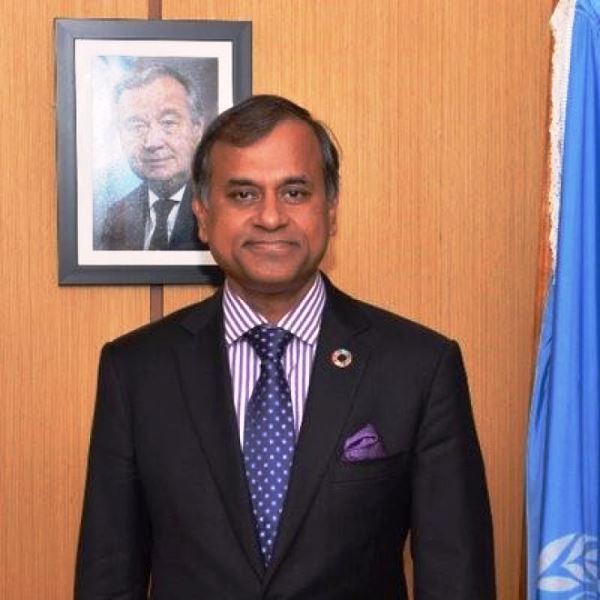 |
| Money Factor | |
| Net Worth (approx.) | $1.2 million to $2.5 million (as of 2007) |
Some Lesser Known Facts About Ban Ki-moon
- When Ban was born, at that time Korea was under Japanese Rule. He is the eldest of six siblings.
- Ban grew up in the town of Chungju. His father ran a warehouse business. The family lost its source of income after his father had to close the business when it incurred losses. This led to extreme poverty.
- When Ban was only 6 years old, the Korean War broke out due to which his family had to move to a remote mountainous place. After ending of the war, his family returned to Chungju.
- Ban met the Americans for the first time after the end of the war. The Americans provided them with food and clothing materials. In an interview, he talked about the situation and said,
After the war, the American soldiers would give biscuits and chocolates and chewing gum to us, and all our clothes were given to us by America.”
- He was part of the Korean Scouts Movement while pursuing his secondary education.
- Ban performed well in school academically, especially in English.
- In 1956, Ban Ki-moon was chosen by his classmates to present an appeal to the then UN Secretary-General Dag Hammarskjold regarding the Hungarian uprising against the Russians.
- In 1962, Ban stood first in an essay competition held by the Red Cross following which he visited the United States. There, he lived with a family for some time in San Francisco. He also got to meet John F. Kennedy, the then President of the US. This inspired him to become a diplomat.
- Ban refers to Libba Patterson, the lady with whom he stayed in the US, as his American Mother.
- Ban Ki-moon met Yoo Soon-taek in 1962 while they were both studying in high school. Ban was 18 years old, and Yoo Soon-taek was the student council president at his secondary school. The couple married in 1971.
- In 1969, after earning a bachelor’s degree, Ban appeared for the “The Republic of Korea Public Service Examinations.” He stood first in the examination and opted for foreign services.
- As per sources, he opted to serve in the South Korean embassy in India in 1970 rather than in the United States to save money to send to his parents.
- He played a vital role in helping South Korea get diplomatic recognition from India in 1973.
- He was posted to the United Nations (UN) for the first time in 1974.
- He replaced Park Chung Hee as the Director of the United Nations Division after his assassination in 1979.
- Ban was fired from the foreign services after he released a press release on behalf of Seoul praising the US-Russia Anti-Ballistic Missile Treaty in 2001.
- The press release came at a time when the US had decided to discard the treaty, and it was seen as a diplomatic blunder by the US. Ban was fired to avoid straining the diplomatic relations with the US.
- He later issued another press release seeking forgiveness for the action.
- Soon after becoming South Korea’s foreign minister in 2004, he dealt with the kidnapping of a South Korean citizen named Kim Sun-il in Iraq. However, Kim was beheaded by his captors after the negotiations failed.
- He played a vital role in uplifting diplomatic relations with the Democratic People’s Republic of Korea (DPRK).
- Ban was praised for his efforts to engage in a six-round conference with the North Korean government in Beijing in September 2005 over the North Korean missile testing. After the meeting, North Korea agreed to stop its missile development program temporarily.
- He also gained popularity in the United States of America after he managed to convince the South Korean government to send troops to Iraq.
- In 2006, South Korea selected him to be its candidate for the post of Secretary-General in the United Nations (UN).
- After that, he visited the countries that were members of the United Nations Security Council (UNSC) for campaigning.
- France was the only country out of the five permanent UNSC members to have voted against his appointment as the Secretary-General.
- Initially, his candidature was opposed by Japan, which had abstained from voting for him in the preliminary rounds. However, Japan later supported him and voted in his favour.
- As per Ban, he is fluent in English, French, and Korean. However, he has many times failed to respond to the queries of French journalists due to a lack of understanding of the language.
- After becoming UN Secretary-General in 2007, he worked to resolve nuclear crises in North Korea and Iran, civil unrest in South Sudan and Libya, and combat the rapid rise of AIDS in Western and Eastern African countries.
- His first trip was to South Sudan, where he met the then-President Omar Hassan al-Bashir to help resolve the Darfur conflict.
- Following this, he sent a proposal to send 26,000 UN peacekeeping troops to Sudan with 6000 of them to be deployed in the Darfur war zone.
- In the same year, he met George W. Bush the then President of the USA and urged him to take crucial steps to prevent the emission of Greenhouse gases that was leading to global warming.
- In March 2007, when he was in the Middle East, a mortar shell exploded just 80 meters (260 ft) from where he was standing. The incident happened while he was addressing a press conference in Baghdad’s Green Zone. Ban was unhurt.
- In April 2007, Ban visited the Middle East, where he met leaders of Israel, Egypt, Jordan, Lebanon, and Saudi Arabia. The Arab countries, especially Palestine, criticised Ban for refusing to meet the Hamas’ political leader Ismail Haniya.
- He stated during a press conference in 2007 that the imposition of the death penalty depended on the laws of a country. This contradicted the UN’s stance against imposing the death penalty on an individual. His statement was made in response to a question about the death penalty given to Saddam Hussein, the former dictator of Iraq.
- He later wrote a letter to the Iraqi authorities not to execute the accomplices of Saddam.
- Thereafter, he met the President of the Democratic Republic of Congo (DRC) to convince him to allow the United Nations (UN) to send more peacekeeping troops to safeguard the region. Under his leadership, the UN established many refugee centres.
- In 2008, after Myanmar suffered heavy destruction of life and infrastructure due to Cyclone Nargis, Ban visited the country to ensure the country received donations and aid without any foul play.
- Soon upon taking over the UN, Ban pushed for several reforms in the functioning of the UN. He called for dividing the UN peace operations into different departments. He also wanted to merge the UN’s political affairs and disarmament departments.
- He later passed a law under which the appointment holders in the UN should serve for five years and that the expenditure of the UN should be made public. He also made it mandatory to conduct a strict annual performance review of the UN employees.
- In 2008, Ban criticised Israel and called its government’s decision to construct houses on the contended West Bank illegal. This decision of Israel led to an increase in diplomatic and military tension between Israel, Palestine, and Hamas.
- In the same year, he appealed to the G20 countries to raise $1 trillion for the developing countries, especially the African nations.
- Ban received criticism in 2009 after he failed to criticise the arrests made by Iranian authorities after the Presidential elections. The protests were reportedly peaceful and Ban did not visit Iran despite being urged to do so by Shirin Ebadi.
- After the incident, Ban was urged to release a statement condemning the arrests. When he failed to do so, many Iranian activists staged a three-day hunger strike in Geneva outside the UN’s headquarters.
- In 2009, to strengthen the peace work done by the UN peacekeepers, Ban introduced the New Horizon policy under which the peacekeeping operations were divided into the Global Field Support Strategy and the Civilian Capacity Review to address the military and civil needs in a conflict zone.
- In 2010, former UN official Inga-Britt Ahlenius criticized Ban Ki-moon, saying he consistently tried to undermine the independence of the Office of Internal Oversight Services (OIOS).
- During the 2011 Libyan civil war, Ban Ki-moon was criticized for inactivity. In the final stage of the war, he called for a diplomatic resolution and urged Gaddafi to step down.
- In the same year, Ban won the elections as the Secretary-General of the UN unopposed.
- Their elder daughter, Seon-yong, was born in 1972 and now works for the Korea Foundation in Seoul. Her spouse is a native of India.
- In 1974, their son was born, he did an MBA from the Anderson School of Management at the University of California. He works for an investment firm in New York.
- His younger daughter, Hyun-hee (born 1976), is a field officer for UNICEF in Nairobi.
- His tenure as the Secretary-General for the second time began on 1 January 2012.
- In the same year, Ban released a statement in which he claimed the UN was prejudiced against Israel by partially siding with the Arab countries, calling it “unfortunate.” His statements came after he met students from Israel.
- His speech “The Time Has Come” that he gave in March of the same year gained a lot of recognition in the West. The speech was aimed at homophobia.” In it, he talked about creating policies to reduce hatred against the LGBTQIA+ community.
- He also proposed putting penalties on countries such as Ukraine and Russia for proposing the implementation of laws that criminalised the community.
- In April 2012, he gave a speech in the parliament of Myanmar thus becoming the first foreigner to do so since the military rule began in 1962.
- In the same year, Ban was invited to attend the Summer Olympics. There, he carried the Olympic torch and flag in the opening ceremony.
- Ban was listed as the 32nd most powerful person in the world by Forbes, the highest among South Koreans in 2013. He was named the third most powerful South Korean after Lee Kun-hee and Lee Jae-yong in 2014.
- In September 2014, Ban participated in a climate conservation march in New York, which sought to rally world leaders to act against Global Warming. He then went to Antarctica with climate activists.
- In the same year, the National Coalition of Syrian Revolutionary and Opposition Forces (a close ally of Iran) threatened to leave the Geneva II Conference on Syria after Ban did not send an invitation to the Iranian government for the conference till the last moment.
- At Nairobi, he adopted a lion cub in 2014.
- On 12 December 2015, under his leadership, the United Nations presented the UN Framework Convention on Climate Change (UNFCCC), which was signed by more than 195 members of the UN. It became to be known as the Paris Agreement.
- In the same year, Ban laid down the roadmap of the 17 Sustainable Development Goals (SDGs) of the 2030 Agenda for Sustainable Development. It was later adopted by a majority of the members.
- In January 2016, he once again criticised Israel for dealing harshly with the Palestinians who attacked and injured numerous Israeli citizens, calling it “a natural response to occupation.” His statement was criticised by the Israeli Prime Minister Benjamin Netanyahu.
- In June 2016, Moon claimed that the UAE and the Organisation of Islamic Cooperation threatened to stop their financial aid to the UN if it did not remove the Saudi-led military coalition from the organisation’s blacklist for alleged human rights violations in Yemen. The Saudi Arabian government later denied his claims.
- He attended the 2016 Summer Olympics in Rio as one of the Olympic Torch bearers.
- He received criticism from the Ukrainian government in the same year, after he, during an event in St. Petersburg, asked Russia to help end the conflict in Crimea in Ukraine. The Ukrainian government said,
We do not understand how the UN chief can say such things which sort of praise the role of Russia in settling the conflict in Ukraine when the Russian Federation is the main player in aggressing Ukraine and in keeping this conflict boiling.”
- In 2017, it was claimed that Ban Ki-moon would contest the Presidential elections in South Korea. On several occasions, he had also expressed his willingness to do so. However, he could not contest as a UN resolution bars a Secretary-General from taking any political position for some years post-retirement.
- In the same year, the US asked the South Korean authorities to take his younger brother, Ban Ki-sang, into custody for bribery. He, however, was later acquitted of the charges.
- To promote gender equality, he pushed for establishing a new agency named UN Women. This agency contained a female-majority workforce.
- As the UN chief, he initiated and led several women-oriented campaigns and initiatives such as Unite to End Violence against Women, Stop Rape Now, and Special Representative on Sexual Violence in Conflict.
- He has also penned many research articles as the Secretary-General of the UN. Some of his most cited research papers are The Future of Humanitarian Action (2016), Sustainability—Engaging Future Generations Now (2016), The ICRC and the Changing Humanitarian Landscape (2013), and The Millennium Development Goals: Challenges, Prospects and Opportunities (2011).
- During his time at the UN, Ban Ki-moon increased the total number of women working in the UN in the top managerial posts.
- As the Secretary-General of the UN, Ban Ki-moon received a monthly salary of $227,253.
- Ban does not smoke tobacco. He has led many anti-tobacco consumption campaigns across the world. He, however, drinks alcoholic beverages occasionally.
- In June 2017, Ban joined a London-based human rights NGO named The Elders. He and a Mozambican politician named Graça Machel worked in the group as deputy chair. He was given the post in November 2018.
- He led the Global Green Growth Institute (GGGI) in 2017. He took on the roles of president of the assembly and chair of the council of GGGI in February 2018.
- In the same month, he ran with an olympic torch during the opening ceremony of the Pyeongchang Winter Olympics.
- In September 2017, Ban was appointed as the chairperson of the International Olympic Committee’s Ethics Commission.
- In the same year, South Korean law enforcement agencies arrested his brother, Ban Ki-sang, for his alleged indulgence in corrupt practices. As per sources, Sang was taken into custody on the US request. He, however, was released from jail due to lack of evidence.
- He thinks of India as his second home. His daughter, Seon-yong, is married to an Indian man.
- As the head of the UN, Moon advocated for nuclear disarmament by drafting a 5-point strategy. It required nuclear-armed nations to destroy their nuclear warheads and only retain the nuclear fissile for energy purposes.
- He played an important role in the formation of the Comprehensive Nuclear Test Ban Treaty Organization.
- On 9 April 2018, he became the chairman of the Boao Forum for Asia.
- On 9 April 2019, he was appointed as the chairman of the Presidential National Council on Climate and Air Quality (NCCA).
- During the COVID-19 pandemic, Ban Ki-moon visited many poor countries, seeking to assist the governments in tackling the virus.
- He co-founded the Ban Ki-moon Centre for Global Citizens in Vienna, Austria, along with the President of Austria Heinz Fischer. It aims to train future global leaders and work on preserving the environment.
- He was appointed as the Official Ambassador of the Dubai-based GEMS World Academy.
- In 2021, he penned a book titled Resolved: Uniting Nations in a Divided World.
- He is an avid supporter of the Green New Deal (GND), a climate change policy introduced by the American Democratic Party.
- He has also held the Distinguished Chair Professor and Honorary Chairman posts at the Institute of Global Engagement & Empowerment at Yonsei University in Seoul, Korea.
- He likes to play golf occasionally. He once challenged President of the US Barack Obama to a game of golf.
- In an interview, Ban admitted that he regretted not having any hobbies.
- He has also served as the chairman of the Global Center on Adaptation.
- Most of his nicknames have been given to him by the South Koreans due to his ability to not answer trivial questions and lack of authority even after being in powerful posts.
- In an interview, Ban said that his name is often pronounced as “Ban” because of its spelling; whereas, the correct pronunciation of it is “Bahn.”
- His religion has often been in discussion as Ban has revealed it in public forums. He, however, has often emphasised that he is not a part of any religious or cultural group.
- He goes to a multiplex to watch films four to five times a year. He is a fan of the action films made by the Hollywood.
- Ban Ki-moon is very strict about his routine. He goes to bed at midnight and wakes up at 3.30 am to 4 am. He then hits the gym, where he works out on a treadmill and a stationary bicycle.
- He is an expert calligrapher. He does calligraphy in Mandarin and Korean languages. He began practising it when he was in school.
References/Sources:

